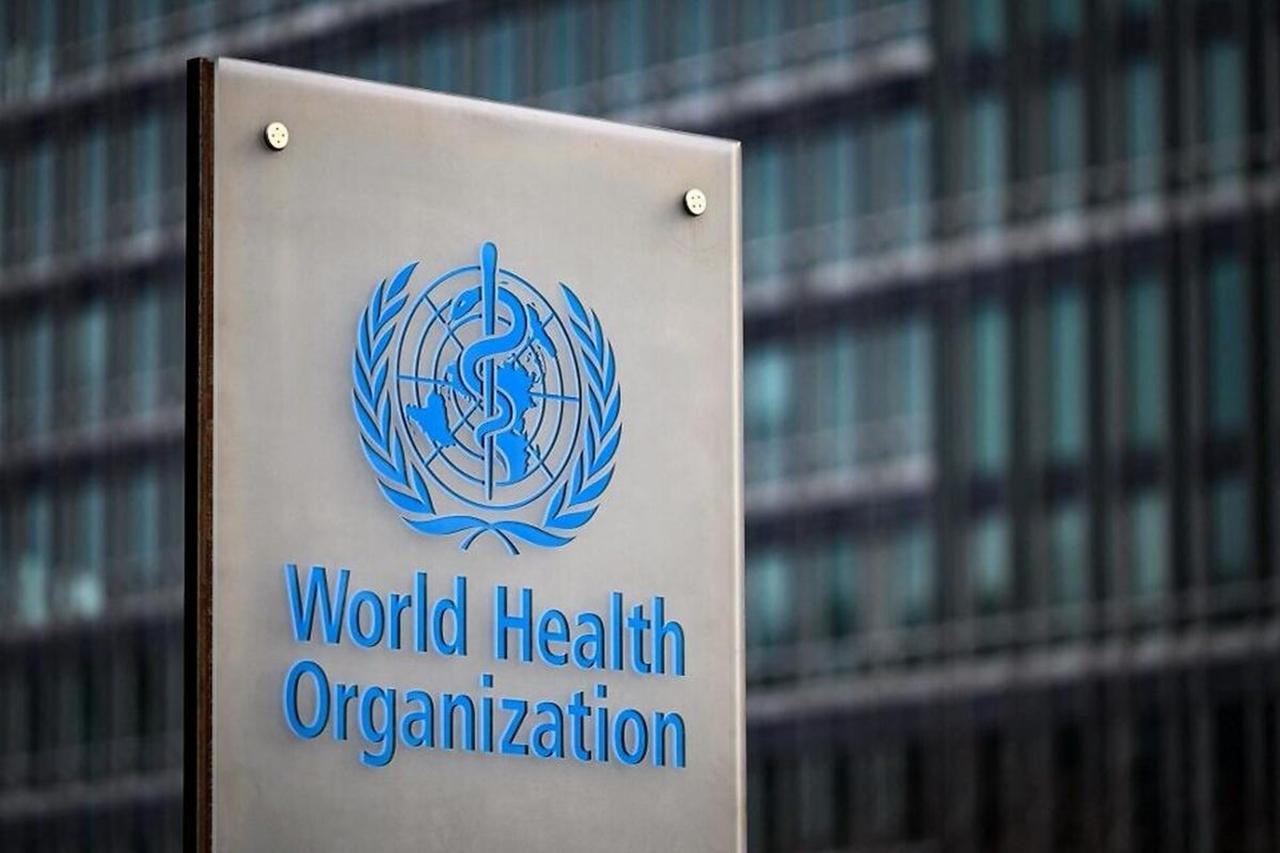
More than 1.4 billion people worldwide are living with hypertension, yet only one in five has successfully managed to control the condition, according to a new World Health Organization report released Tuesday that underscores a widening global health disparity.
The WHO's second Global Hypertension Report reveals a stark divide in treatment access between wealthy and developing nations, with medication availability serving as a critical barrier to managing what health officials describe as a "silent killer" responsible for heart attacks, strokes and other cardiovascular diseases.
The disparity is most pronounced in resource-limited settings, where just 28% of low-income countries reported having general availability of all WHO-recommended blood pressure medications, compared to 93% of high-income nations. This gap translates into devastating human costs, with the agency estimating that more than 1,000 people die every hour from strokes and heart attacks linked to uncontrolled hypertension.
"Every hour, over 1,000 lives are lost to strokes and heart attacks from high blood pressure, and most of these deaths are preventable," WHO Director-General Tedros Adhanom Ghebreyesus said. "Countries have the tools to change this narrative. With political will, ongoing investment, and reforms to embed hypertension control in health services, we can save millions and ensure universal health coverage for all."
The economic implications are equally staggering. Cardiovascular diseases, including hypertension-related conditions, are projected to cost low- and middle-income countries approximately $3.7 trillion between 2011 and 2025, according to WHO data.
The report's analysis of 195 countries and territories found that 99 nations have national hypertension control rates below 20%, with the majority of these cases concentrated in regions where health systems struggle with severe resource constraints.
Kelly Henning of Bloomberg Philanthropies emphasized the preventable nature of the crisis, stating: "Uncontrolled high blood pressure claims more than 10 million lives every year, despite being both preventable and treatable. Strong policies that raise awareness and expand access to treatment are critical."
However, the report also highlighted successful models for improvement. Bangladesh, the Philippines, and South Korea have demonstrated significant progress in blood pressure control by integrating hypertension care into their universal health coverage systems, offering a potential blueprint for other nations.
The WHO emphasized that blood pressure medications rank among the most cost-effective public health interventions available, making the access disparities particularly troubling for global health advocates working to address preventable deaths in developing regions.
Hypertension, often called the "silent killer" because it frequently presents no symptoms, serves as a leading risk factor for heart attacks, strokes, kidney disease, and dementia, affecting populations across all income levels but disproportionately impacting those with limited healthcare access.